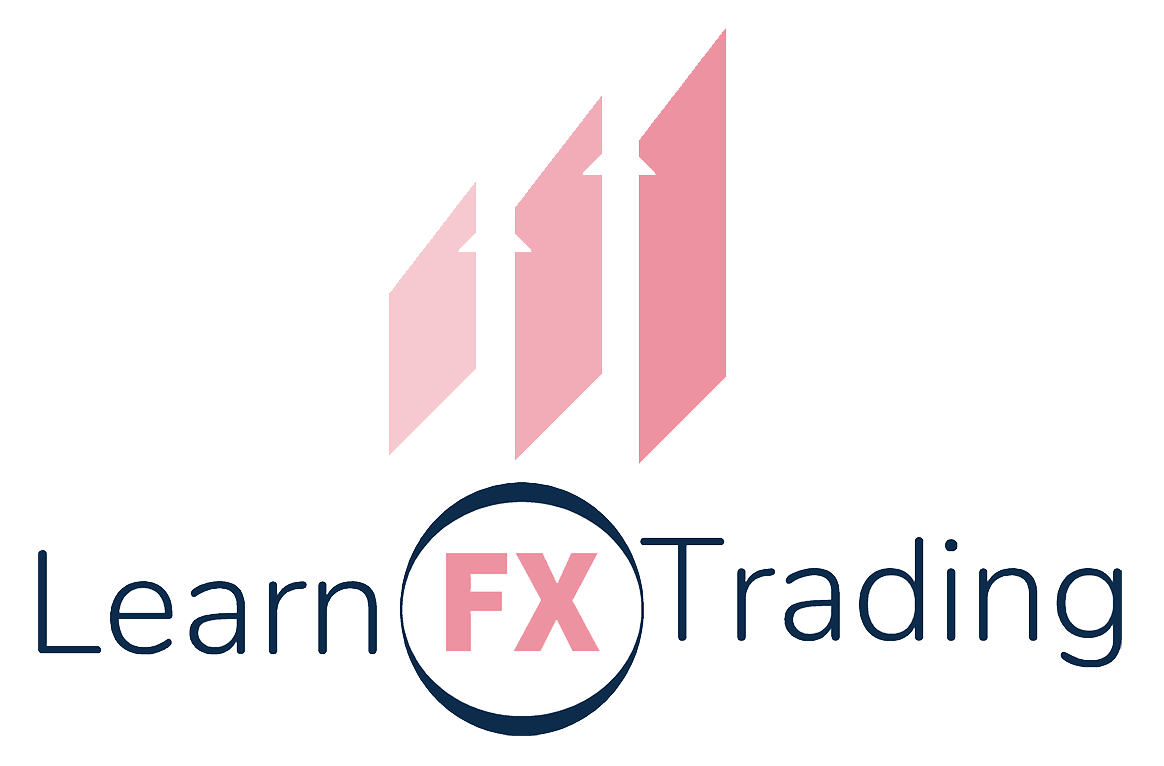What Is FTSE 100?
FTSE 100 (pronounced “Footsie”) or UK100 is an index that comprises of 100 largest companies by market cap that are listed on the London Stock Exchange. London Stock Exchange (LSE) opens from Monday to Friday at 8am-12pm and they take a lunch break and continue until 4:30pm. FTSE 100 was launched on the 3rd of January 1984. Many of these companies are international and are affected by the exchange rate of the British Pound.
What Is Stock Index Trading?
Stock index trading is when you are trading a basket of stocks which makes up an Index. You can do that on your Forex trading platform and do it through an instrument such as FTSE 100.
Advantages Of trading Stock Indices
- Stock indices have generally higher returns than the stock market they represent.
- The Volatility is reduced as compared to currencies.
- Stock index trading requires less research as opposed to trading /investing in individual stocks.
- When trading a stock index e.g. Ftse100 you do not have to spend weeks analyzing all the companies under this umbrella but what you can do is follow the instrument as you would do analyzing your currencies.
- Stock index trading does not require any traditional stock brokerage where you pay high fees, you can buy and sell on the same Forex trading platform as you would do with your currencies and it is a cheaper alternative to trading the actual stock.
There are different markets that one can focus on. I have published a blogpost on the U.S markets and this one is about the London markets.
Why Is FTSE 100 Important?
Most companies invest their funds in the equity markets. FTSE 100 is used to measure the performance of the overall equity market in the UK because it lists the top 100 companies which affect the stock markets.
Some Of The Companies On FTSE100
- Anglo American (mining)
- Avast (software & computer software)
- Barclays (banks)
- BP & Shell (oil & gas producers)
- Coca Cola (Beverages)
- Mondi (forestry & paper)
- Unilever (personal goods)
- Vodafone Group (mobile telecommunications)
What Economic Factors Influence FTSE 100?
The release of UK GDP, Interest Rates and Manufacturing data. CPI also does affect it up to a certain level because CPI influences the Central Banks monetary policy and rate decision. Higher CPI leads to rate hikes while lower CPI may lead to rate cuts which has a direct impact on FTSE 100.
Thank you for reading. I hope you’ve learned something from this post. Should you need lessons on how to trade FTSE 100 and other financial instruments including currencies, feel free to WhatsApp me on +27 78 144 6851.


Great piece as always, you are doing a great job in providing information regarding the market. Oooh well even on eating clean on which I’m failing dismally on that part loool.
Hi Sibonelo
Thank you for stopping by. I am glad you found value in this post. As for eating clean, it is very challenging to begin but once the habit is formed, it becomes difficult to break and it becomes a lifestyle ke. Good luck with that, I know you can do it.
Very informative.
thanks a lot for sharing
Hello Peter
You’re most welcome. Thank you so much for reading.
What a great read thanks a lot Ntombi 👍
Hi Mr Dikweni
Thank you so much. I am glad you liked it